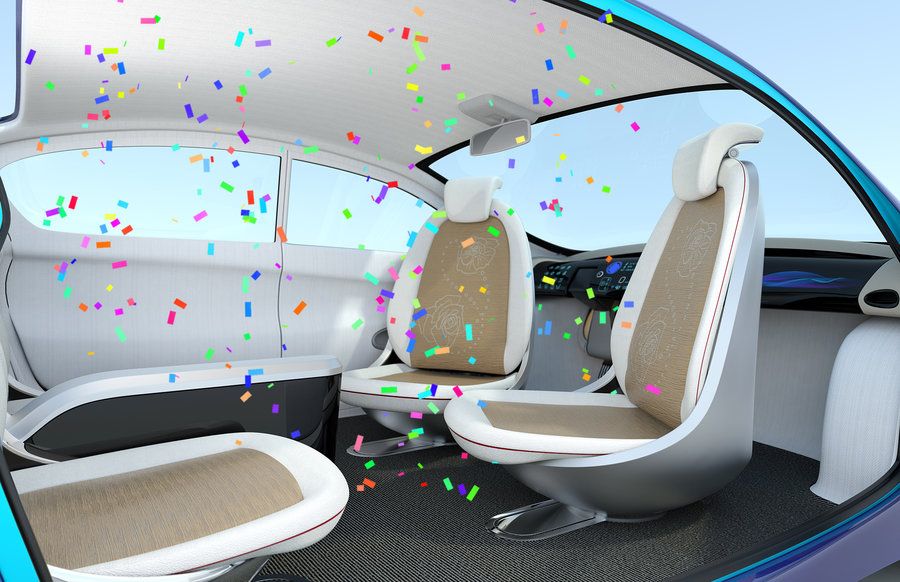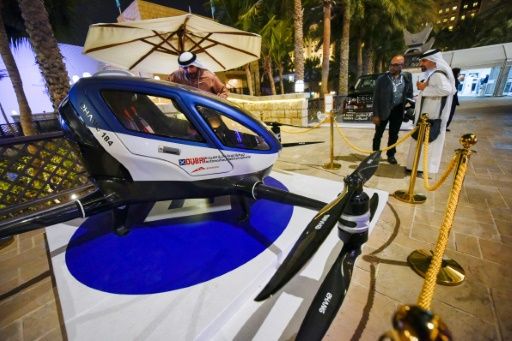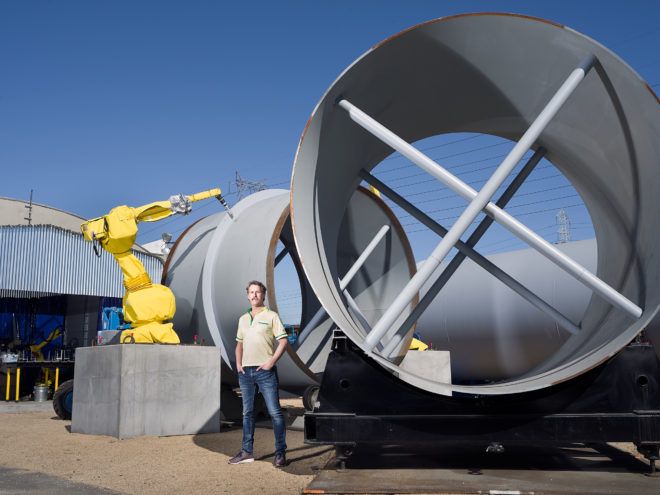Fourth matter and the drag-cutting edge of aerodynamics.





A story and a question for Valentines — could you fall in love with a robot? Me? the answer is no as I get bored easily and like imagnative conversations; I would get bored after a while of a robot.
Many of us say we have relationships with our dogs, and some—still—with our childhood teddy-bear. Some might claim to have a relationship with their car. And others, although they might not admit it publicly, feel they have some sort of relationship with their sex-doll.
Are all these people deluded? Can we really have relationships with non-human beings?
If so, what about robots? Computerised chat-bots, such as the “personal assistants” Siri (from Apple’s iPhone) and Cortana (from Microsoft), already exist which can remember many of their owner’s likes and dislikes, and respond helpfully to their questions, recognising their individual voice and accent.

Dubai has tested a Chinese prototype of a self-driving hover-taxi, its transport authority said on Monday, with the aim of introducing the aerial vehicle in the emirate by July.
The test of the one-man electric vehicle comes as the city state in the United Arab Emirates seeks to ensure a quarter of its means of transport are self-driving by 2030.
The EHang 184 can travel on a programmed course at 100 kilometres an hour (60 mph) at an altitude of 300 metres (1,000 feet), the authority said in a statement.


Early probes are one thing, but can we build a continuing presence among the stars, human or robotic? An evolutionary treatment of starflight sees it growing from a steadily expanding presence right here in our Solar System, the kind of infrastructure Alex Tolley examines in the essay below. How we get to a system-wide infrastructure is the challenge, one analyzed by a paper that sees artificial intelligence and 3D printing as key drivers leading to a rapidly expanding space economy. The subject is a natural for Tolley, who is co-author (with Brian McConnell) of A Design for a Reusable Water-Based Spacecraft Known as the Spacecoach (Springer, 2016). An ingenious solution to cheap transportation among the planets, the Spacecoach could readily be part of the equation as we bring assets available off-planet into our economy and deploy them for even deeper explorations. Alex is a lecturer in biology at the University of California, and has been a Centauri Dreams regular for as long as I can remember, one whose insights are often a touchstone for my own thinking.
By Alex Tolley


Brogan BamBrogan has jumped back into the race to transform transportation. The engineer, who left Hyperloop One amid a wild legal battle last summer, has launched his own effort to build a network of tubes and pods to fling people about the planet at near-supersonic speeds. It’s called Arrivo (Italian for “arrived”), and it plans to put you—or at least your stuff—in a working hyperloop in just three years.
As CEO, BamBrogan (yes, that’s his legal name) says the new Los Angeles–based company has lined up funding and is in talks to produce hyperloop systems for a variety of clients. Without revealing where those projects are, he says he plans to start by moving cargo, a good way to prove the system works and iron out the kinks without killing anybody, all while bringing in some revenue.
BamBrogan is a respected engineer who spent years at SpaceX before cofounding Hyperloop One with venture capitalist Shervin Pishevar in 2014. In July, he and three coworkers sued the company, alleging shenanigans like breach of fiduciary duty, violating labor laws, wrongful termination, and infliction of emotional distress. Hyperloop One countersued, accusing BamBrogan et al. of an attempted mutiny. In November, the aggrieved parties reached a confidential settlement and dropped the suits, which involved details like an overpaid fiancée, drunken shouting, a nightclub bouncer, and … um … a noose.